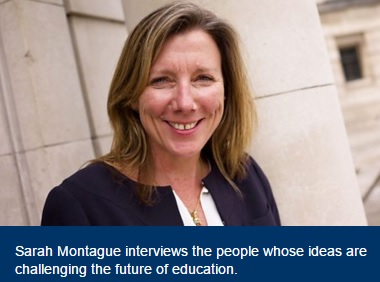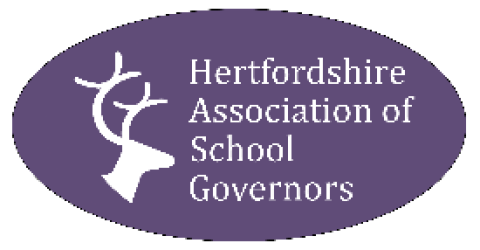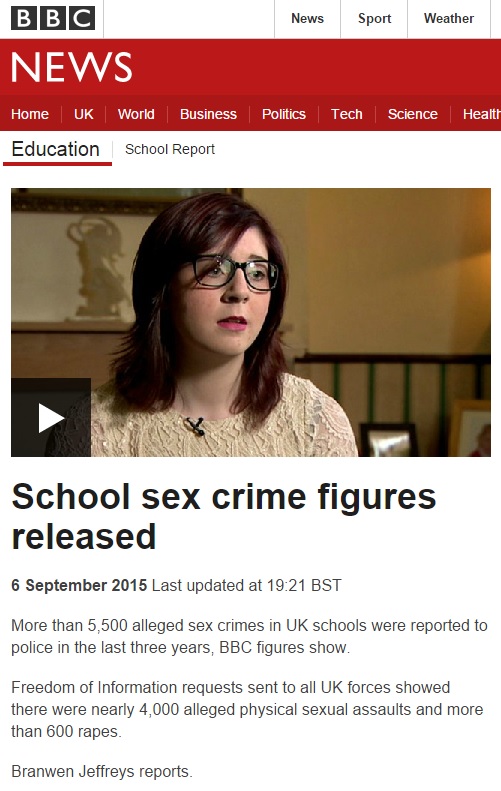 BBC Radio 4: The Educators
BBC Radio 4: The Educators
BCC radio 4 is running a new series of the Educators. The latest episodes are below:
- Character Lessons– The KIPP school movement began 20 years ago in the US. It stands for Knowledge Is Power Program, and the schools focus on two things; academic achievement and building strength of character. Sarah Montague speaks to KIPP co-founder Dave Levin about how character is taught alongside traditional subjects. She visits the KIPP Infinity school in Harlem and hears from Kings Langley Academy. To see an HfL case study on character education at Kings Langley School, click here.
- What Finland Did Next– Since the first international comparisons in 2000, Finland has been at or near the top of league tables for the abilities of its teenagers in reading, maths and science. Sarah Montague interviews the city’s Education Manager Marjo Kyllonen and visits a Helsinki school, to see the changes being made to a world-leading education system.
- Turning Schools Around– Schools in England have been warned that if they coast, rather than improve, they risk being closed down. Sarah Montague meets the new head teachers of a Birmingham secondary school involved in the so-called Trojan Horse scandal.
- The First Teachers– The most important educator in most children’s lives is their parents, and the first five years is deemed to be critical. Sarah Montague meets Margy Whalley, the co-founder of Pen Green Children’s Centre and Research Base in Corby, Northamptonshire.
- The World’s Best Teachers– Studies have shown that the most important thing in a child’s education is the quality of their teacher. A child at a bad school with a good teacher can learn more than someone at a good school getting bad tuition. Doug Lemov has trained thousands of teachers in the UK in how to use their classroom time effectively – keeping children focused with the most subtle of techniques and gestures.



